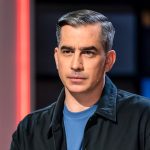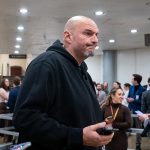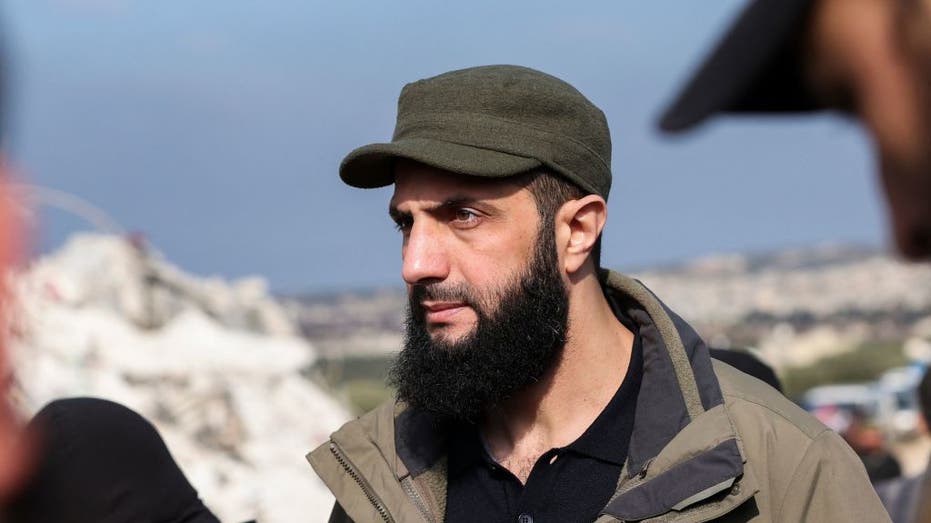Islamist leader Abu Mohammed al-Golani, who led a lightning offensive through Syria, has a long history of extremism despite a recent appeal to moderate policies.
“Golani is a specially designated global terrorist,” Bill Roggio, managing editor of Long War Journal, told Fox News Digital. “He was a member of al Qaeda… the U.S. keeps him on the list for a reason.”
Roggio’s comments come after Islamist rebels led by Golani’s organization, Hayat Tahrir al-Sham (HTS), led an offensive throughout Syria that resulted in the capture of the country’s capital, Damascus, and the overthrow of the regime of Bashar Assad, who fled the country Saturday as rebels closed in on the city.
SYRIAN DICTATOR BASHAR ASSAD FLEES INTO EXILE AS ISLAMIST REBELS CONQUER COUNTRY
Golani was first drawn to jihadi thinking following the Sept. 11, 2001, terrorist attacks on the U.S., according to a report from the Guardian.
He left Syria and joined al Qaeda in Iraq, only to return to his home country in 2011 during a revolt against Assad’s regime, eventually joining the side of al Qaeda’s Ayman al-Zawahiri in 2013.
Golani would cut ties with al Qaeda in 2016 and lead a merger between HTS and other Islamist groups in northwest Syria in 2017, bringing him control of territory that had fallen out of government hands during the country’s long civil war.
The U.S. Department of State designated Geolani as a specially designated global terrorist in May 2013, citing his leadership in multiple terrorist attacks throughout Syria that often targeted civilians.
ISLAMIST REBELS IN SYRIA CATCH ASSAD, PUTIN, IRAN REGIMES OFF GUARD GIVING US NEW MIDEAST HEADACHE
But the terrorist leader has attempted to strike a more moderate tone in recent years, a trend that continued as rebels began their sweeping offensive across Syria.
“No one has the right to erase another group. These sects have coexisted in this region for hundreds of years, and no one has the right to eliminate them,” Golani said in regard to Syria’s religious minority groups in an interview with CNN Friday.
But Roggio said there is little evidence that moderate tone would continue as rebels take charge of Syria, arguing Golani plays a good political game.
“He plays the moderate game very well, but he’s a global jihadist. He’s an expert at manipulating,” Roggio said.
While Roggio acknowledged there is legitimate justification for Syrians to cheer for the fall of Assad, the worry now turns to what comes next for the long-suffering population.
“It’s understandable that many Syrians are ecstatic over the fall of Assad’s regime, he was a monster,” Roggio said. “But I think they’re going to find that what replaces him isn’t going to be much better.”
























